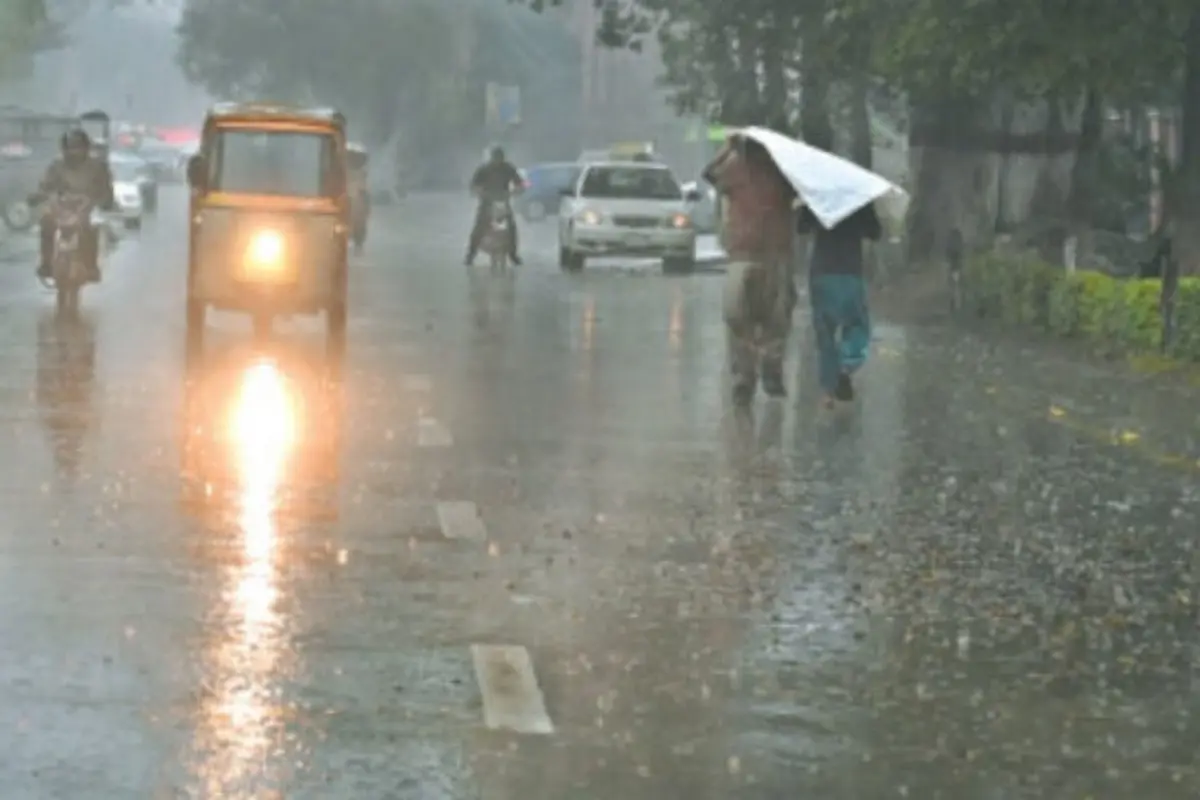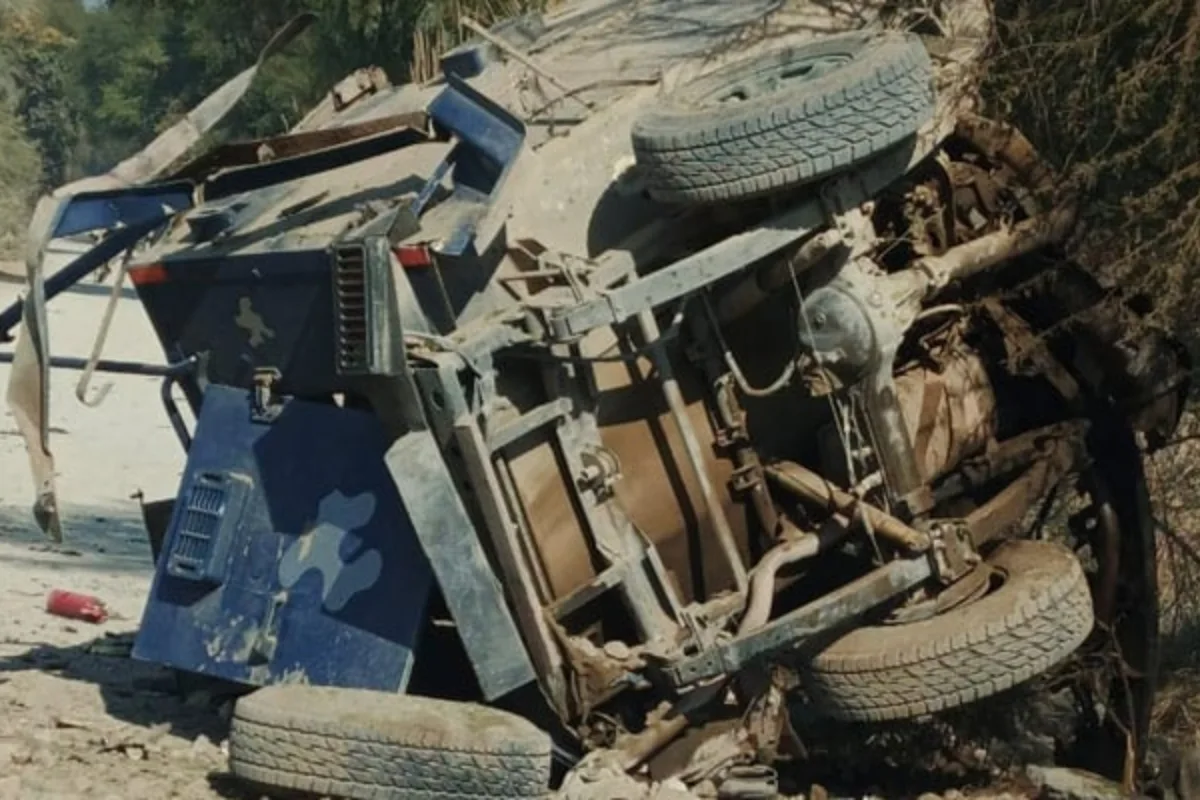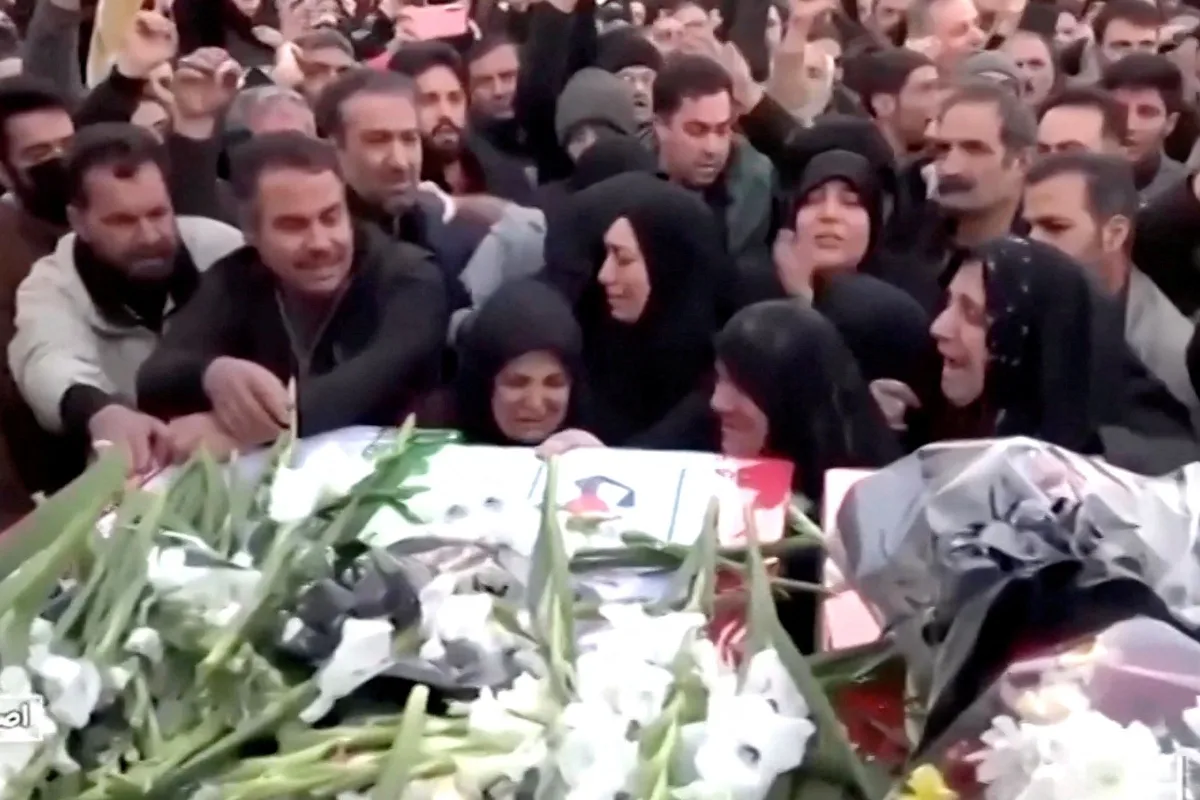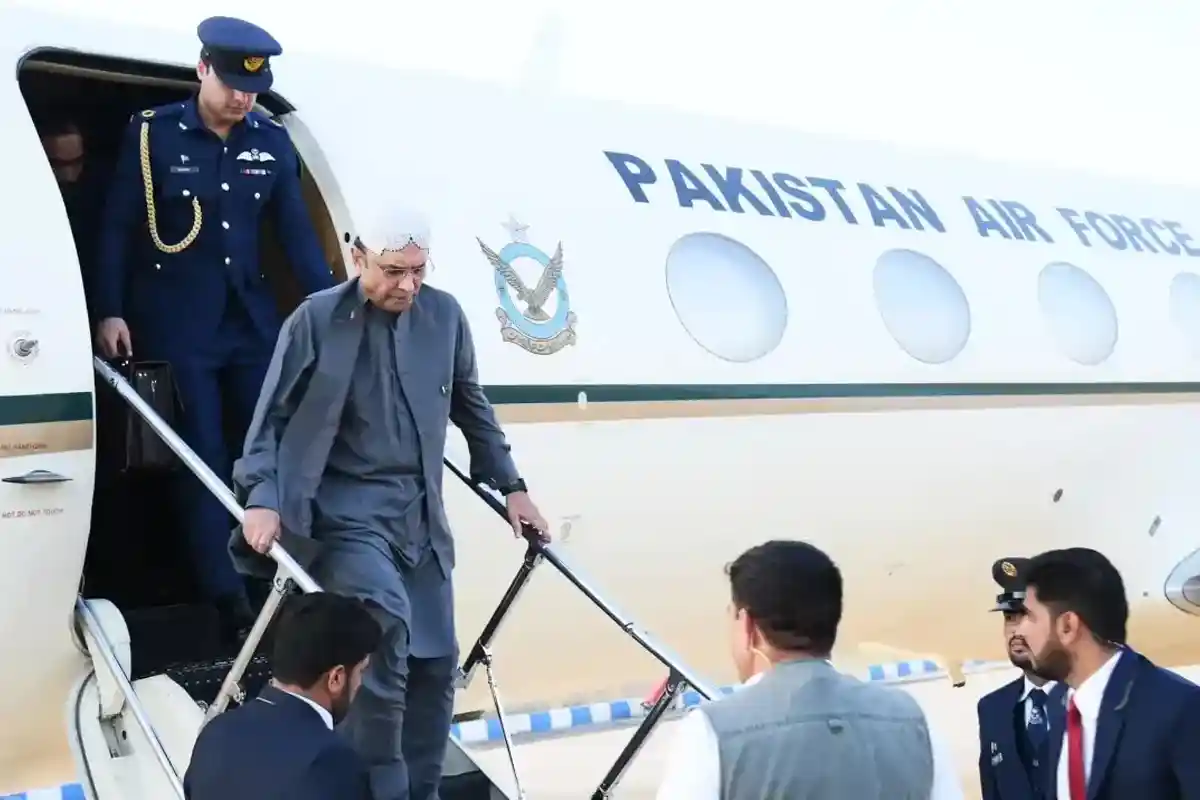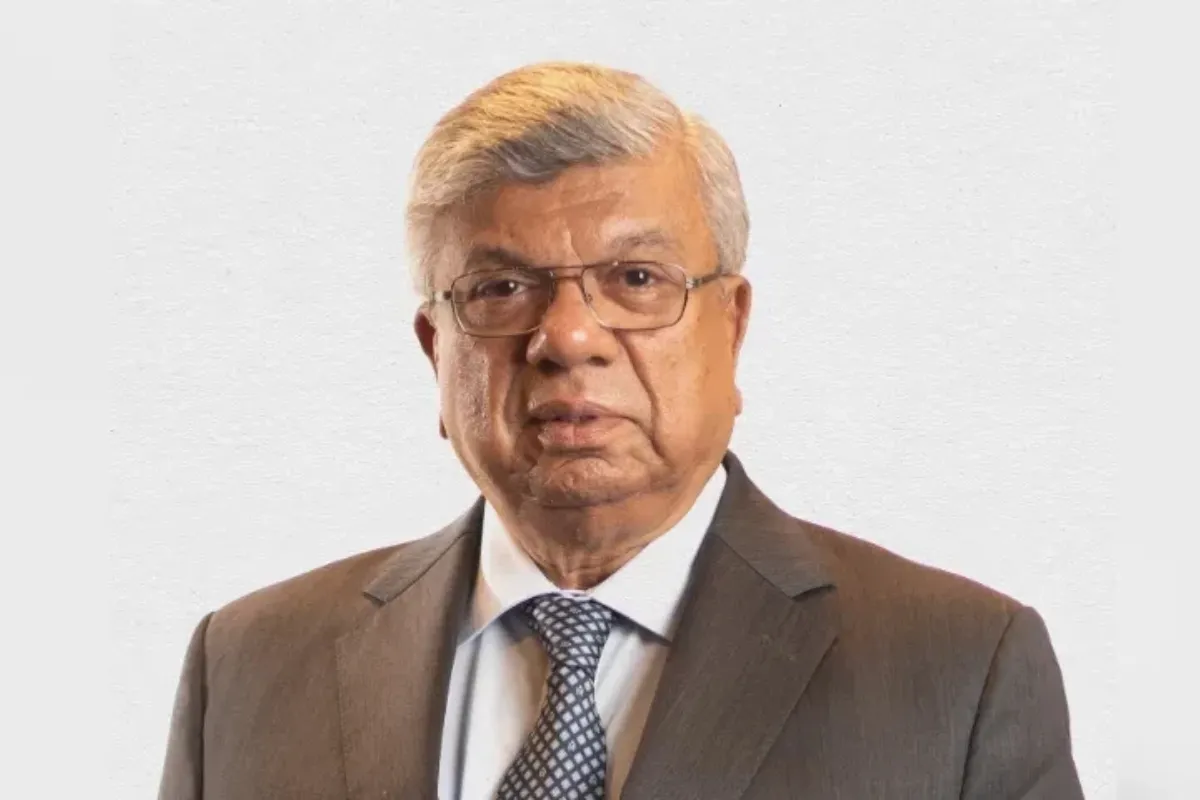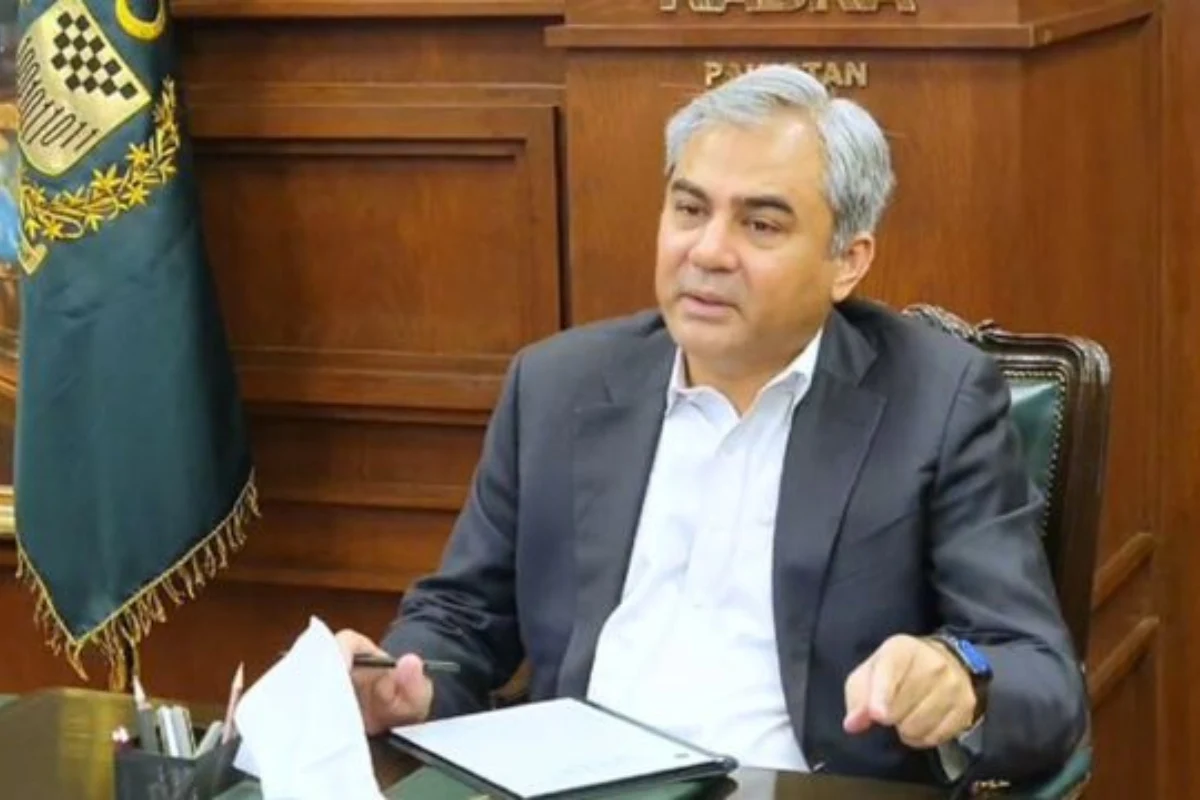The National Disaster Management Authority’s National Emergencies Operation Centre has issued a weather alert warning of moderate to heavy monsoon rains across multiple regions of Pakistan starting from Sunday, July 13, and lasting for three days.
These rains, while vital for agriculture and water supplies, can also trigger floods, landslides, and displacement, especially in vulnerable or densely populated areas.
The forecast is based on intensified moisture inflows from the Bay of Bengal and Arabian Sea, along with an active westerly wave system. This combination is expected to cause a significant rise in river flows, particularly in the Indus, Kabul, Jhelum (upstream of Mangla), and Chenab rivers. Currently, the Tarbela, Taunsa, and Guddu barrages are at low flood levels, while Kalabagh and Chashma are experiencing medium flood levels. Taunsa is projected to rise further in the coming week.
The Chenab River is expected to reach low flood levels at Marala and Khanki, while similar levels are forecasted for the Kabul River at Nowshera. Rain-induced water level increases are also anticipated in the Swat and Panjkora rivers and their surrounding streams. Flash floods may occur in the hill torrents of Dera Ghazi Khan and Rajanpur, as well as in northeastern and southern districts of Balochistan, including Jhal Magsi, Kachhi, Zhob, and Lasbela.
The NDMA has urged residents near rivers, streams, and low-lying areas to remain vigilant, especially during heavy rainfall at night. Communities are advised to prepare emergency kits with essentials, secure belongings, and identify safe evacuation routes. District administrations, particularly in Punjab, have been directed to ensure the availability of de-watering equipment to address urban flooding.
In Sindh, Chief Minister Murad Ali Shah chaired a high-level meeting to enhance preparations for the upcoming rains. Officials reported that a heat-low pressure system is forming earlier than usual, leading to expected rainfall increases of up to 30% in southern Sindh and 10% in the north. Emphasis has been placed on improving drainage systems, restoring flood-affected infrastructure, and clearing major choke points. Underpasses such as those on Tariq Road, KPT, and Submarine Chowk are being prioritized, and emergency teams are on alert across Karachi.
Challenges such as plastic waste and illegal encroachments continue to obstruct drainage in key areas like District Korangi. The NDMA continues to coordinate closely with provincial authorities and urges the public to stay informed through official alerts on TV, radio, and the NDMA mobile app.
